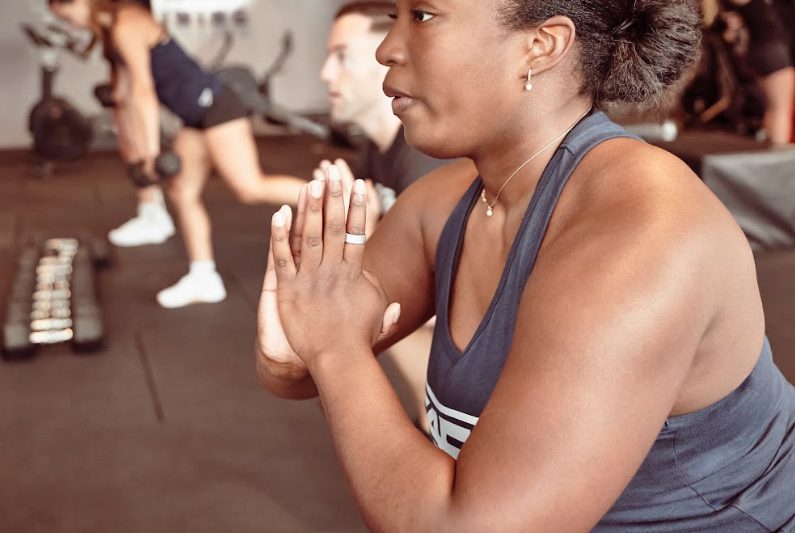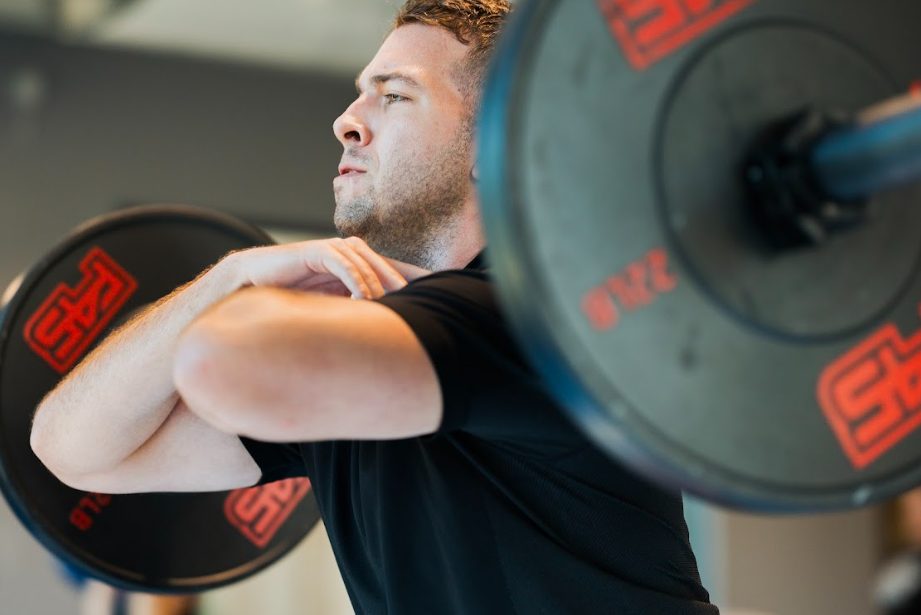
With the second week of C30 underway, it’s time to gear up and get focused for the coming weeks. Whether it’s your first Challenge or your tenth Challenge, dedicating time to rest and recover is absolutely essential for training adaptations to occur. Aside from regular stretching and post-workout nutrition, adequate sleep is a no-brainer when it comes to maximizing recovery! Not only does sleep play a significant role in our capacity for weight loss, but it can also impact our ability to develop lean muscle as well as our focus and motivation while training. F45 Sport Nutritionist Kim Bowman explains how sleep deprivation can be detrimental to our training goals and highlights a few tips on how to regain a restful, stress-free sleep.
Sleep deprivation and weight loss
Sleep deprivation, characterized by insufficient sleep or sleeplessness over an extended period of time (<7 hours per night), can negatively impact our hunger and appetite-regulating hormones. Without adequate sleep, levels of our hunger hormone (ghrelin) rise, while levels of our appetite-regulating hormone (leptin) fall.
On top of this, sleep deprivation can create heightened feelings of stress due to an increase in the production of our stress hormone (cortisol). The result? An altered perception of our ability to feel satisfied after eating, which can lead to an increase in cravings for empty-calorie foods like processed carbohydrates and refined sugar.
Sleep deprivation and muscle development
Lack of sleep over time not only impedes weight loss goals, but also our ability to gain lean muscle. Without quality sleep, the body cannot recover efficiently from resistance training, which can impair strength and muscle gains when it comes to developing lean muscle.
In fact, a recent study about the effect of sleep deprivation on muscle gains and recovery found that those who slept only 5.5 hours had 60% less muscle mass than those who slept an average of 8.5 hours (1). Quality sleep is what allows our body to produce insulin-like growth factor (IGF), a key hormone responsible for muscle repair and growth.
Sleep deprivation and motivation
Motivation and mental state can drastically affect our ability to maintain a consistent level of high-intensity training. We’ve all had days where we may not feel as motivated as we usually do, however, sleep is key for ensuring our body can recover both physically and mentally. Lack of sleep over time can hinder energy levels, making it significantly harder to maintain a high intensity of training and making us more susceptible to injury from poor technique (2).

4 Tips for Stress-Free Sleep During C30:
Practice relaxation techniques
With more time working from home combined with the transition to a very technological lifestyle, it has become increasingly difficult for us to feel relaxed in the evening and achieve restful sleep. From late-night TV binging to social media scrolling, our use of digital devices in the evening has made it extremely difficult to avoid evening distractions. However, research indicates that we must allow ourselves an opportunity to relax in the evening in order to achieve high-quality sleep. Dedicating time in the evening to practice relaxation techniques—such as deep breathing, meditation, and yoga—can be effective methods to promote relaxation and restorative sleep.
Magnesium-rich foods
Magnesium is a powerhouse mineral that aids whole-body relaxation in addition to regulating our stress-hormone response. Bananas, chickpeas, pumpkin seeds, almonds, and cashews are magnesium-rich foods that can help with restful sleep. If you’re looking for an evening snack, opt for one of these magnesium superfoods instead of sugary or processed snacks, which induce a spike in blood sugar and lead to restless, disrupted sleep (3).
Aside from magnesium, incorporating plenty of unprocessed, whole foods into our diet provides essential vitamins and minerals that will optimize restful sleep. There are a number of supplements that can aid in enhancing sleep, however, it’s best to consult with a physician or registered dietician prior to adding sleep supplementation to your diet.
Stick to a consistent sleep schedule
The key to achieving a restful sleep without tossing and turning is to stick to a consistent evening routine and aim to go to bed the same time each night. Creating a sleep schedule not only makes it easier to fall asleep, but ensures you’ll achieve a deeper sleep than if you were to follow a ‘yo-yo’ sleep pattern throughout the week. With continued training during the F45 Challenge period, quality deep sleep will allow for efficient recovery and positive physiological training adaptations, making it one of the most important factors to our overall health and well-being.
Practice Good Sleep Hygiene
- Turn off electronics at least 30-60 minutes before bedtime
- Keep the bedroom cool (~ <70˚F) and dark
- Read a book for 5-10 minutes (no screens!)
- 5-10 minute yoga, deep breathing, or meditation routine (Calm, Headspace iOS/Android apps)
- Have a warm bath with epsom salts or a warm shower
- Avoid eating sugary, processed foods one hour before sleep
- Minimize alcohol consumption
- 5-10 minute morning walk for some fresh air and sunlight (benefits circadian rhythm)
Find a sleep schedule and nightly routine that works for you! Good sleep hygiene ensures we’ll get the most out of each Challenge training day by allowing our body to adequately rest and recover so we can stay focused on our long-term goals.














